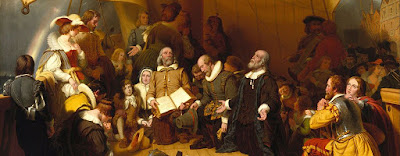The “Opium Of The People” And The Opioid Crisis
 |
| Karl Marx (1818–1883) |
I have been thinking some lately about Karl Marx (1818–83). Now, it has been a few decades since I have read Marx but I did read him a fair bit in University as an undergraduate. I think my various Political Science professors assigned The Communist Manifest about 5 times in various courses. Beyond the reading he featured prominently in lectures. This was all before President Reagan’s 1987 “Tear Down This Wall” speech and the visible collapse of the Soviet Union, in which those who had been held hostage by Marxist-inspired communism did finally tear down the Berlin Wall in 1989.
As I watched Germans and others sitting atop the wall, an act that would have had them shot only a few years earlier, I thought that the manifest evidence of the failure of the Marxist-Leninist (Communist) project would be obvious to all but I was wrong. I was wrong because I did not understand yet that Marxism is not a mere social theory or even a theory of history, in which Hegel’s dialectical movement of history was said to have been turned “upside down” and materialized in a the dialectic of the class struggle, but a religion, an eschatology and one that is not grounded in history but solely in a vision of the future. As such, it is impervious to criticism. There are no facts, there is no history, there is no logic, there is no reasoning with one who is utterly devoted to a utopian vision of the future. See David Koresh. The FBI negotiators perhaps did not understand that Koresh really believed in a coming utopian in which he was the central, Messianic figure. There was no reasoning with him because he leveraged everything they said by his utopian view of the future.
Of course people have often tried to characterize Christianity as essentially just another religion of direct revelation (apocalyptic) about a future glory age. Thus, they try to marginalize Jesus and his apostles. One great problem with such an approach is that it fails to reckon with Christianity’s equal commitment to the past and the present. Yes, Christianity has an eschatology but it has a history. We regard the Exodus as an historical event. We regard the resurrection as historical events. In so doing, we are following the prophets, our Lord, and his apostles.





Comments
Post a Comment
Welcome! Please feel free to comment, but anti-Christian comments or profanity will not be tolerated. Thank you, ed.